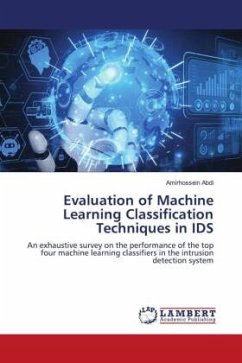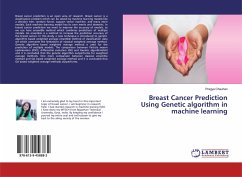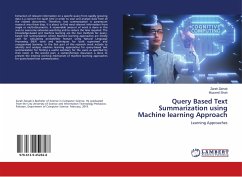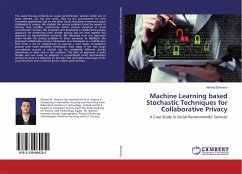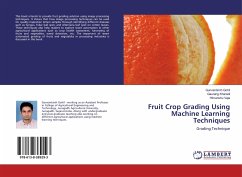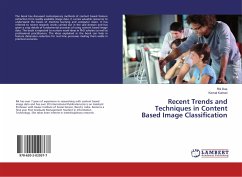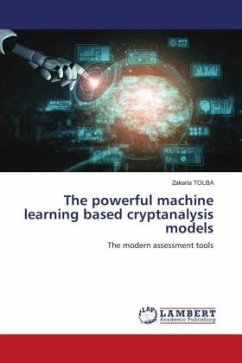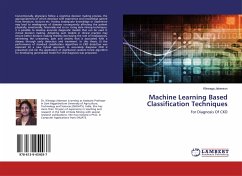
Machine Learning Based Classification Techniques
For Diagnosis Of CKD
Versandkostenfrei!
Versandfertig in 6-10 Tagen
27,99 €
inkl. MwSt.

PAYBACK Punkte
14 °P sammeln!
Conventionally, physicians follow a cognitive decision making process, the appropriateness of which develops with experience and knowledge gained from literature, lectures etc. Having inadequate knowledge or experience may lead to misdiagnosis of diseases consequently affecting the patient physically, emotionally, financially and so on. Using data mining techniques, it is possible to develop accurate diagnostic models that can be used in clinical decision making. Adopting such models in clinical practice may ensure better decision making thereby decreasing the rate of misdiagnosis, minimising ...
Conventionally, physicians follow a cognitive decision making process, the appropriateness of which develops with experience and knowledge gained from literature, lectures etc. Having inadequate knowledge or experience may lead to misdiagnosis of diseases consequently affecting the patient physically, emotionally, financially and so on. Using data mining techniques, it is possible to develop accurate diagnostic models that can be used in clinical decision making. Adopting such models in clinical practice may ensure better decision making thereby decreasing the rate of misdiagnosis, minimising the uneasiness, pain and anxiety that is associated with a disease through early detection and treatment. In this thesis, (i) the performance of standard classification algorithms in CKD detection was explored (ii) a new hybrid approach to accurately diagnose CKD is presented and (iii) the application of distributed random forest algorithm for developing generalized model for CKD diagnosis was proposed.



